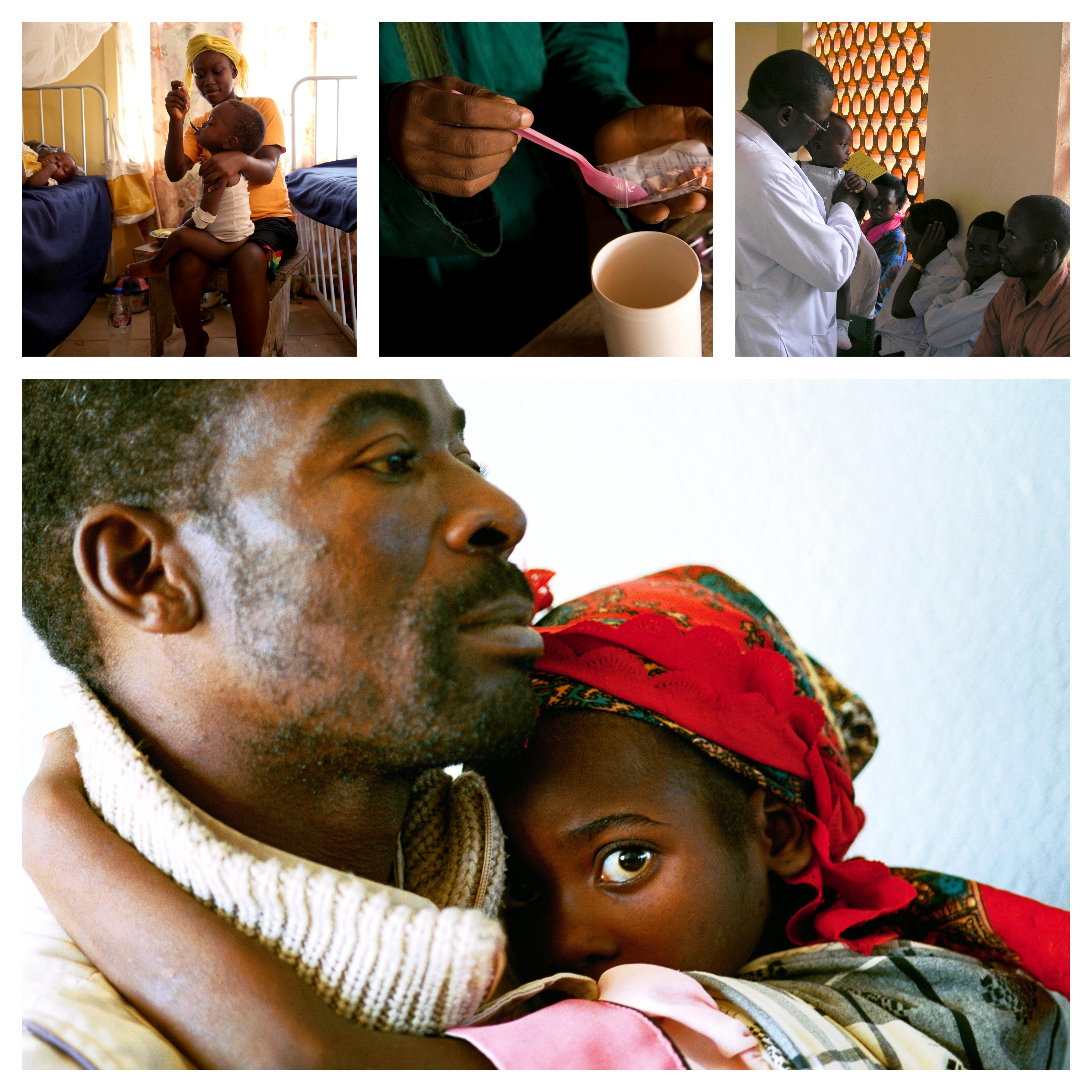About Malaria
Malaria remains a critical public health issue, particularly in tropical and subtropical regions. The World Health Organization (WHO) estimates approximately 247 million malaria cases occurred worldwide in 2022, leading to around 619,000 deaths. Sub-Saharan Africa bears the highest burden, accounting for about 95% of all malaria cases and deaths. Children under five and pregnant women are the most vulnerable groups. While significant progress has been made in reducing malaria incidence and mortality rates over the past two decades, the emergence of drug-resistant malaria strains and the impact of the COVID-19 pandemic have posed new challenges.

Malaria is one of the most serious tropical diseases and can be fatal if not diagnosed and treated promptly with effective antimalarials. Malaria is caused by a group of parasites known as Plasmodia. There are many different types of Plasmodia parasites, but only five can cause malaria in humans - P. falciparum, which is the most deadly, P. vivax, P. ovale, P. knowlesi and P. malariae.
The Plasmodium parasite is mainly spread by female Anopheles mosquitoes, which predominantly bite at night. A single mosquito bite is all it takes for someone to become infected. When an infected mosquito bites someone, parasites enter his/her bloodstream. Should another mosquito bite this same person the parasites may then be transmitted to someone else. Drugs that treat malaria illness often cannot prevent this cycle of transmission. However one drug called primaquine is able to do so. So primaquine is now added to standard malaria treatment in some parts of the world, including South Africa.
It is important to be aware of the symptoms of malaria if you travel to or live in areas where malaria transmission occurs. Treatment should be sought urgently (within 24 hours) if you show any of the symptoms below – even if you have taken malaria prophylaxis.
Symptoms usually appear between 1 and 3 weeks after becoming infected, but in some cases this can take up to a year, or occasionally even longer.
- fever which may come and go or be continuous
- shivering and shaking chills
- sweating, often occurring after the chills
- intense headaches
- feeling sick and vomiting
- muscle aches and pain
- extreme tiredness and weakness
- and occasional dry cough.
Those with any of the danger signs (unable to drink fluids / breastfeed or repeated vomiting), in high-risk groups, or features of severe malaria listed below should seek treatment immediately.
Malaria is mainly transmitted in the tropical regions of the world; while some transmission does occur outside of the tropics, it tends to be seasonal in these areas (i.e. usually only during periods of high temperature/high rainfall). In South Africa, malaria transmission usually occurs between October and May along our north-eastern borders with Zimbabwe and Mozambique. Within the tropics, malaria is found in Africa, Asia and South America, with the highest number of cases is in Africa. Outside Africa, the next highest levels of malaria are in India and south-east Asia and the western Pacific (such as Papua New Guinea).
Prevention is better than cure!
- Going somewhere? Find out whether there is a risk of getting malaria there. The risk is lower during the cold and dry seasons.
- Take measures to prevent mosquito bites in all risk areas.
- If recommended, take malaria prophylaxis as directed by your doctor or clinic (only atovaquone-proguanil, doxycycline or mefloquine have been proven effective in preventing malaria).
- If possible, remain indoors between dusk and dawn (mosquitoes carrying malaria bite at night)
- Wear long-sleeved clothing, long trousers and socks when going out at night.
- Apply an insect repellent containing DEET to exposed skin at night
- Sleep under a mosquito proof bed-net that has been treated with an approved insecticide.
- Spray inside with an insecticide spray, or plug in mosquito repellent mat after closing windows and doors.
